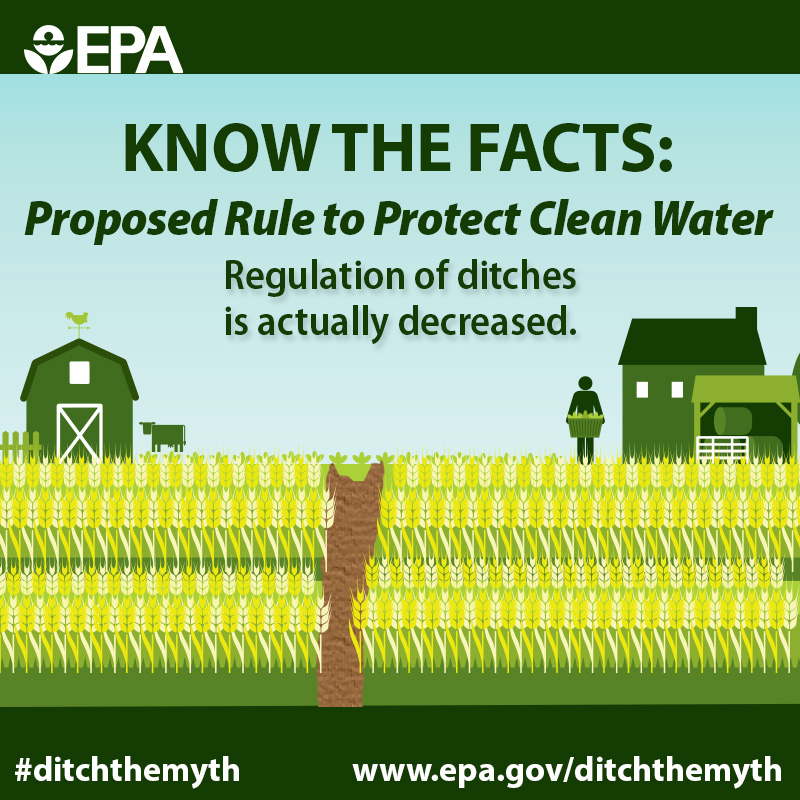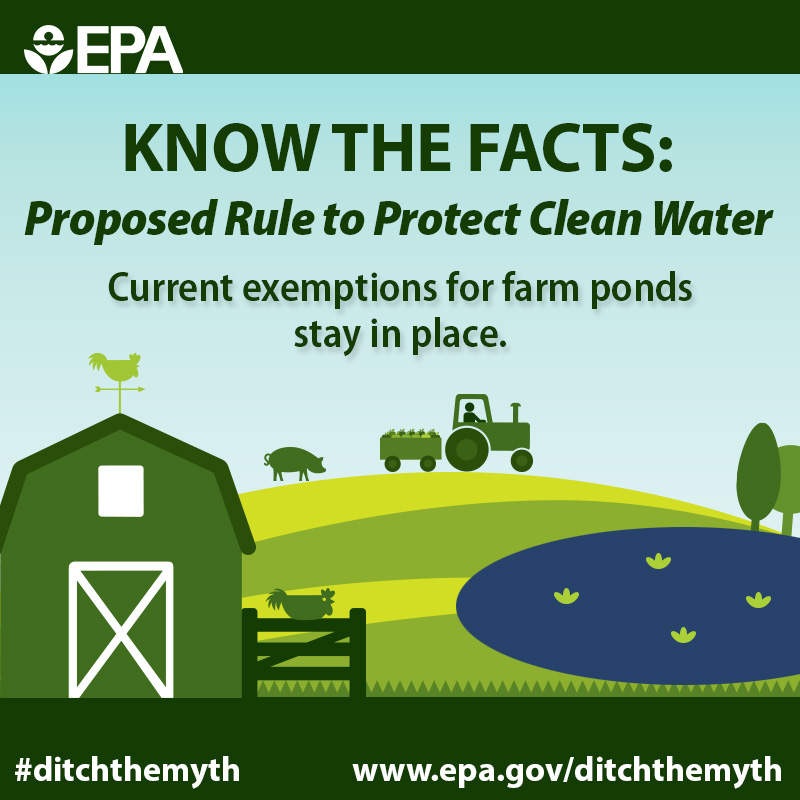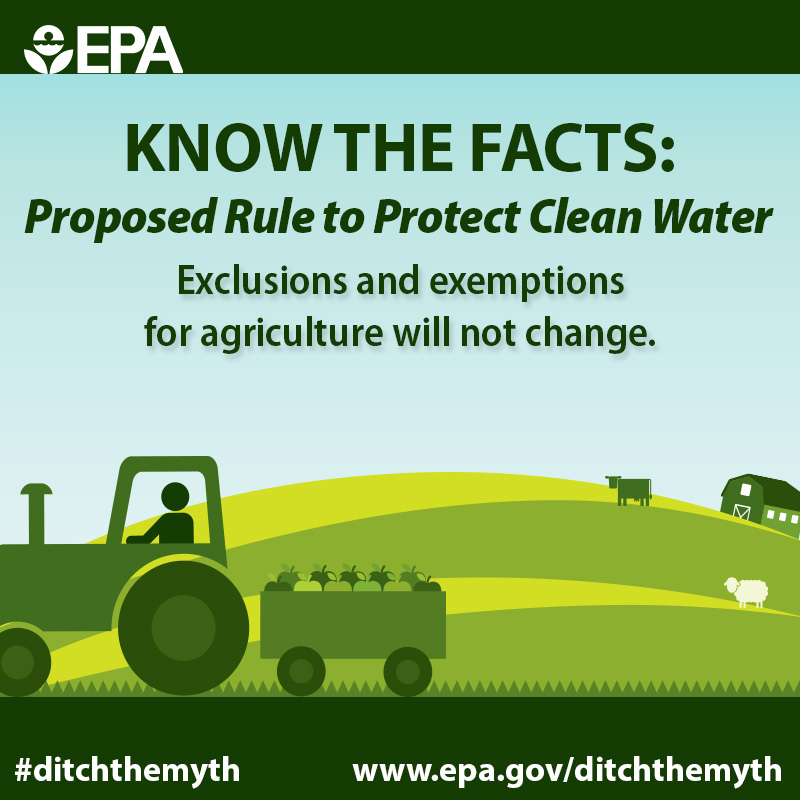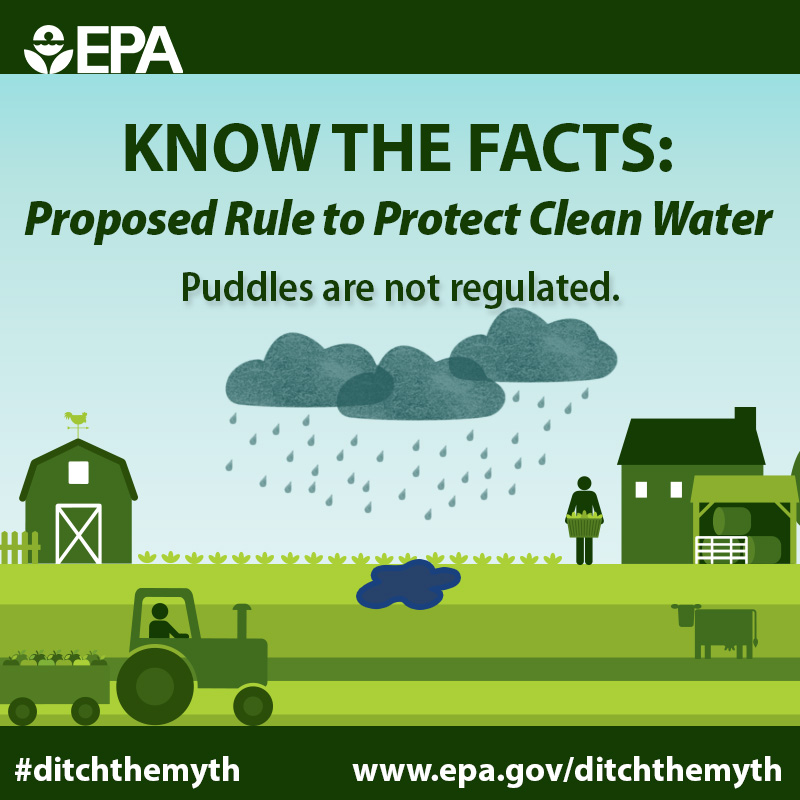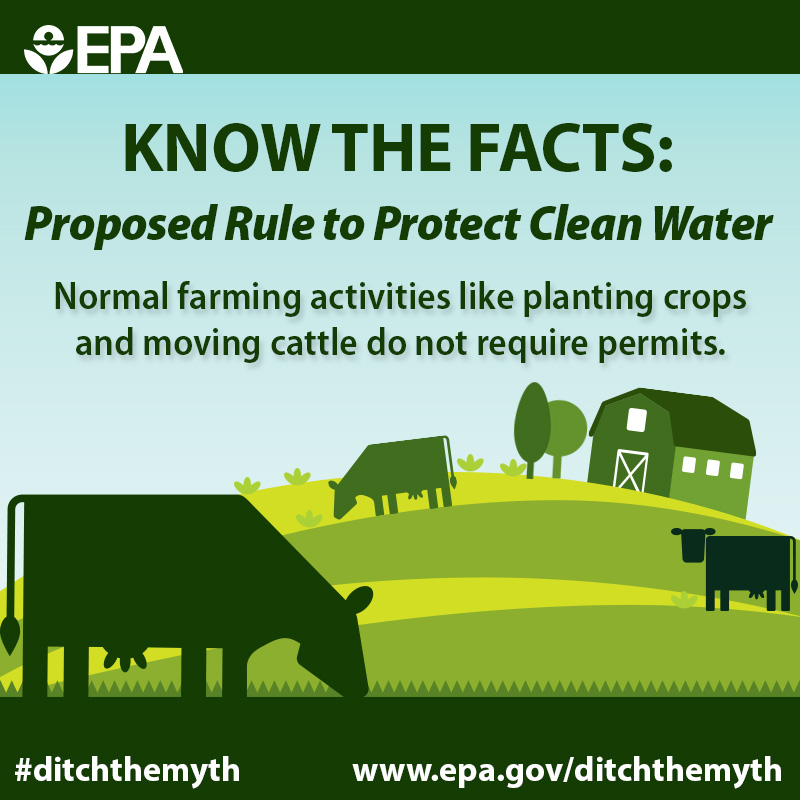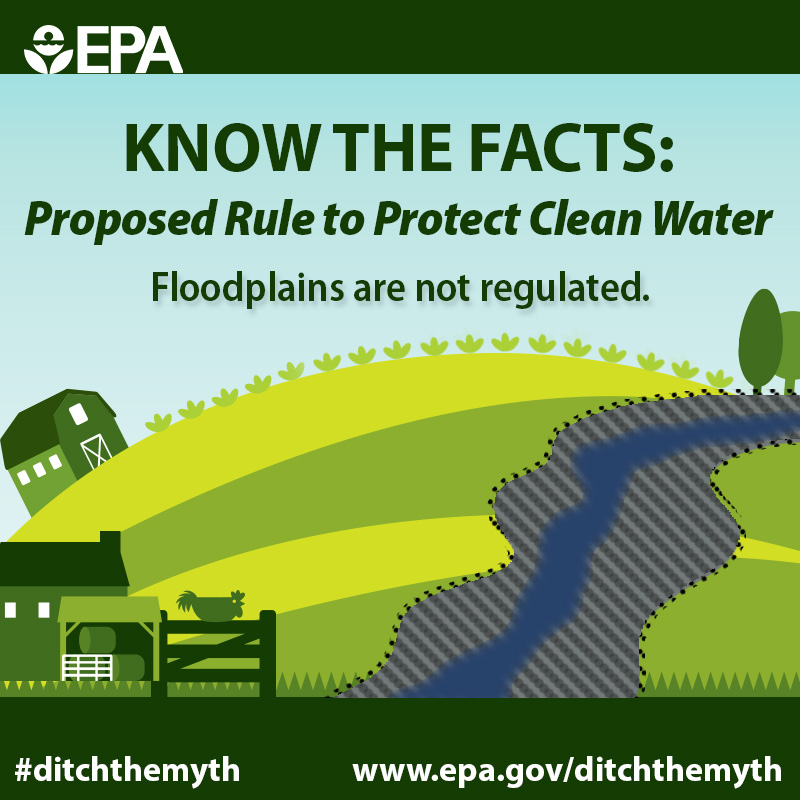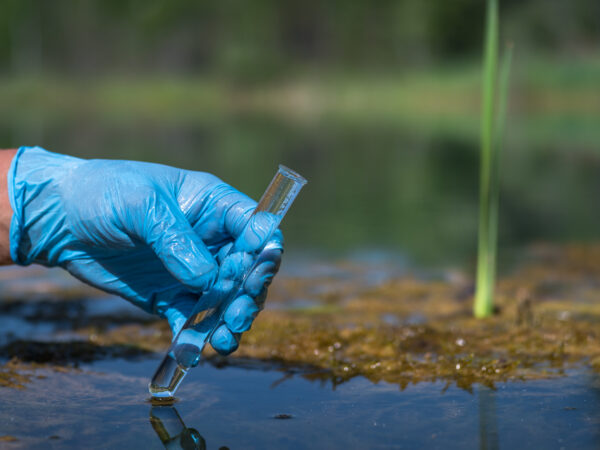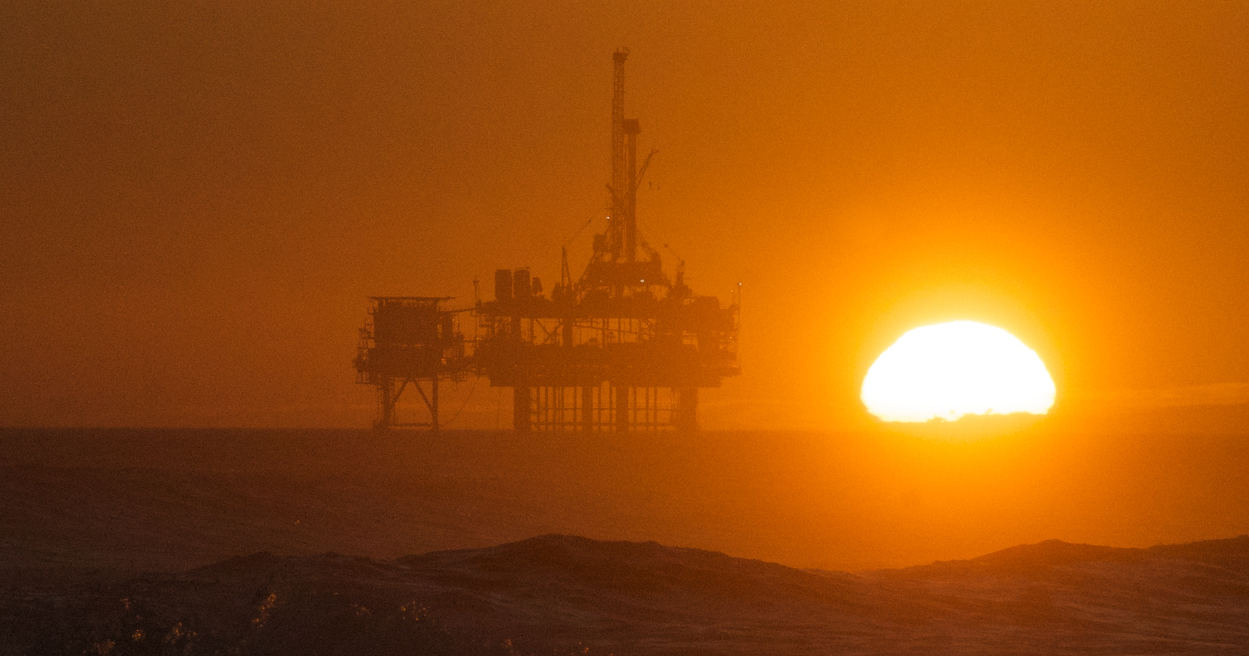
New rule prioritizes energy and economic development for Great Lakes and oceans
President Trump last week continued to dismantle the water conservation policy of former President Barack Obama.
Trump announced he is revoking Obama’s 2010 executive order that enhanced protection of oceans that border the U.S. and the Great Lakes.
He replaced it with his own order that emphasizes the “economy, security, global competitiveness…..and the industries that support a strong national economy” when it comes to oceans and the Great Lakes.
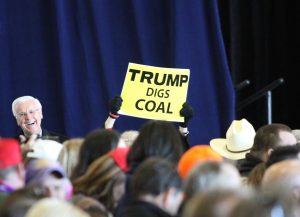
Louisiana GOP Rally 2016, Photo by Tammy Anthony Baker via flickr.com cc 2.0
The Trump order focuses on “domestic energy production” and says it wants “clean, healthy waters that support fishing, boating, and other recreational opportunities for all Americans.”
Continuing to eschew what he often refers to as regulatory overreach by Obama, Trump says “it shall be the policy to ensure that Federal regulations and management decisions do not prevent productive and sustainable use of ocean, coastal, and Great Lakes waters.”
By contrast, Obama’s order on oceans and the Great Lakes emphasized sustainability, human health, social justice and “adaptation to climate change and other environmental changes.” He also referenced homeland security and diplomacy and said these qualities are “intrinsically linked.”
The backdrop for Obama’s order was the Deepwater Horizon oil disaster in the Gulf of Mexico that leaked 210 million gallons into the gulf.
Rapid Stabenow response
Michigan Sen. Debbie Stabenow was instrumental in passing a 2005 law signed by President George W. Bush that banned oil and gas drilling in the Great Lakes and she reacted quickly to Trump’s order.
In a letter to the president posted on her website, Stabenow said that his order could “be interpreted as an attempt to reverse current law and open the Great Lakes to oil and gas drilling.”
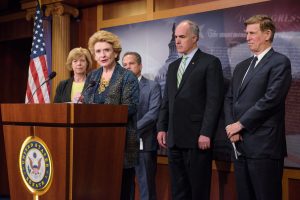
Senator Stabenow holds a press conference regarding the first 100 days of the Trump Administration, Photo by Senator Stabenow via flickr.com
She said “the economic and environmental significance of the Great Lakes cannot be overstated,” referring to the volume of fresh surface water in the lakes and the region’s $6 trillion economy.
Stabenow called on Trump to “reverse course and oppose any efforts to open our waters to oil and gas drilling as a result of your recent Executive Order.”
The threat, even if remote, of oil drilling in the Great Lakes comes at a time when Michigan is grappling over what to do with the aging Enbridge underwater pipeline that traverses the Straits of Mackinac.
Many environmentalists say the straits are the worst possible place for a pipeline leak based on shifting and unpredictable currents. Even the U.S. Coast Guard admits a spill in frozen winter waters would make recovery extremely difficult.
Clean Water Rule ditched
Trump’s oceans and Great Lakes order is the second major Obama water conservation policy he has overturned.
Last year U.S. Environmental Protection Agency Administrator Scott Pruitt ditched Obama’s Waters of the United States (WOTUS) rule, also known as the Clean Water Rule.
Its intent was to clarify disparate Supreme Court rulings on which waterways can be regulated by the Clean Water Act. It was preventive in nature, but was staunchly opposed by agricultural and real estate development interests.
Farm bureaus were especially vocal in opposing the rule and expressed concern that their ponds, ditches and creeks could be regulated. Nutrient runoff from farms is a significant cause of algae blooms and isn’t currently regulated under the Clean Water Act.
The Clean Water Rule was never implemented as it is hung up in court proceedings. The EPA is in the process of developing a replacement for it.
The scrapping of Obama’s water protections follows two budgetary attempts by Trump to eliminate all funding for Great Lakes restoration. In each case, Congress acted to restore restoration funding in a rebuke to the president.
Traverse City attorney and FLOW founder Jim Olson responded to Trump’s executive order saying it “has returned the country’s national water policy back to the ecological barbarism of the late 1800s and the last century.”
Olson concluded his lengthy website rebuttal to Trump saying “we who live in the Great Lakes Basin hereby serve notice that the Great Lakes are off limits.”
Featured Image: Offshore oil rig at sunset, Photo by Pete Markham via flickr.com cc 2.0
1 Comment
-
And those states along the basin should be the ones to decide if drilling can or cannot happen. That shouldn’t be a federal authority. I think drilling the great lakes is probably ill-advised, but it shouldn’t be everybody else’s decision.


